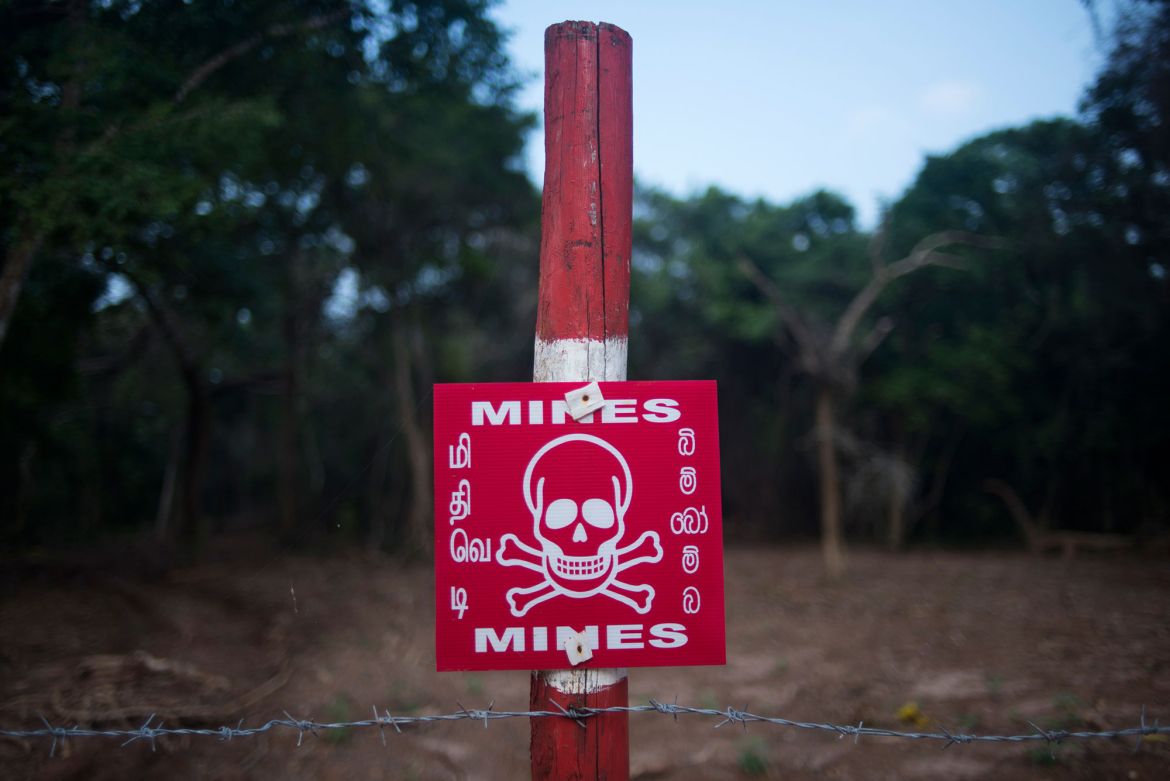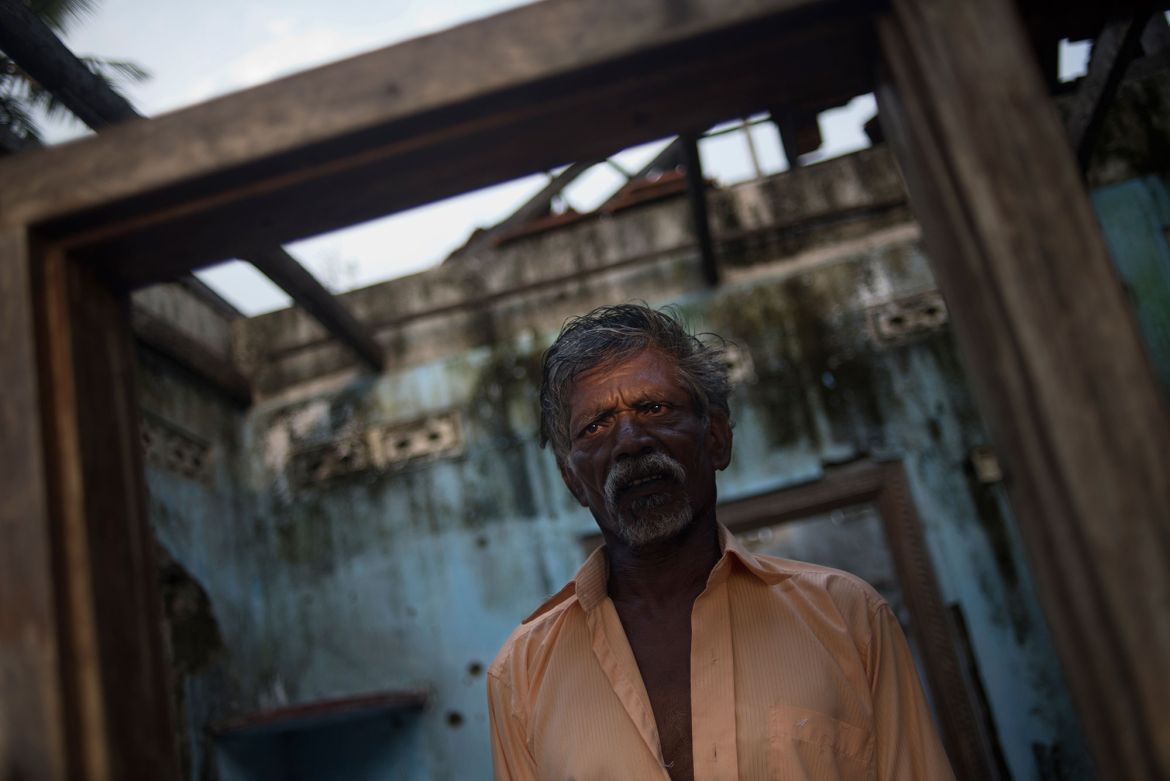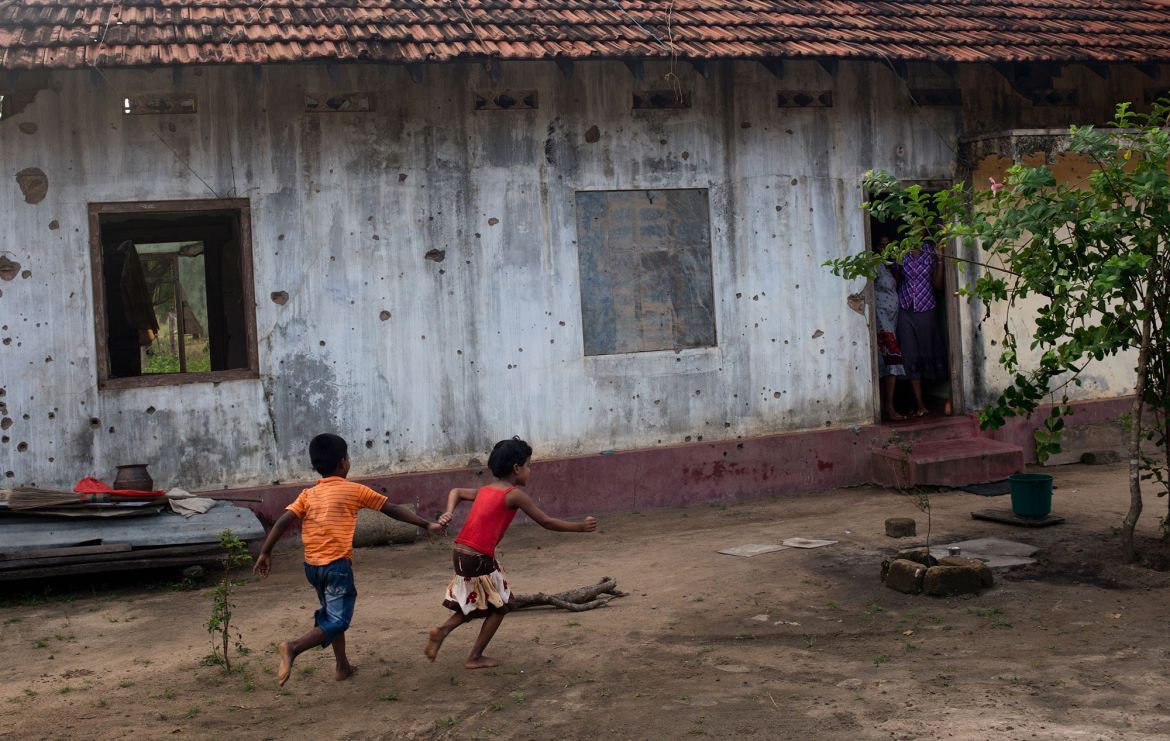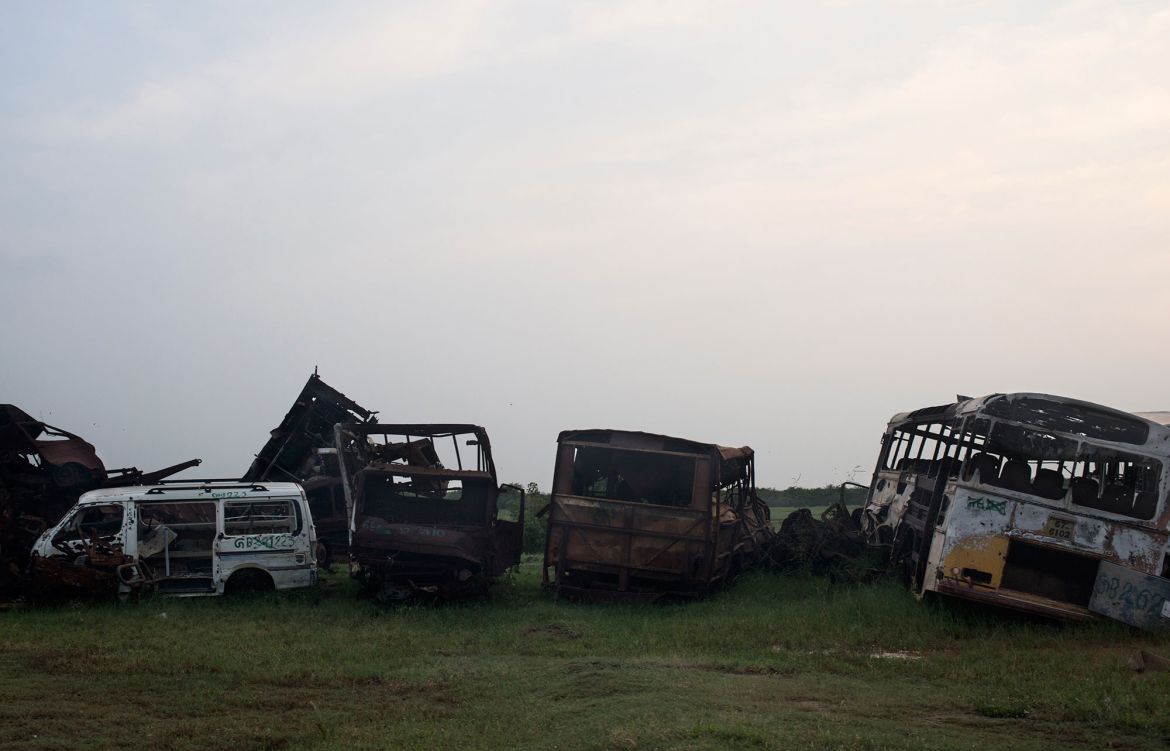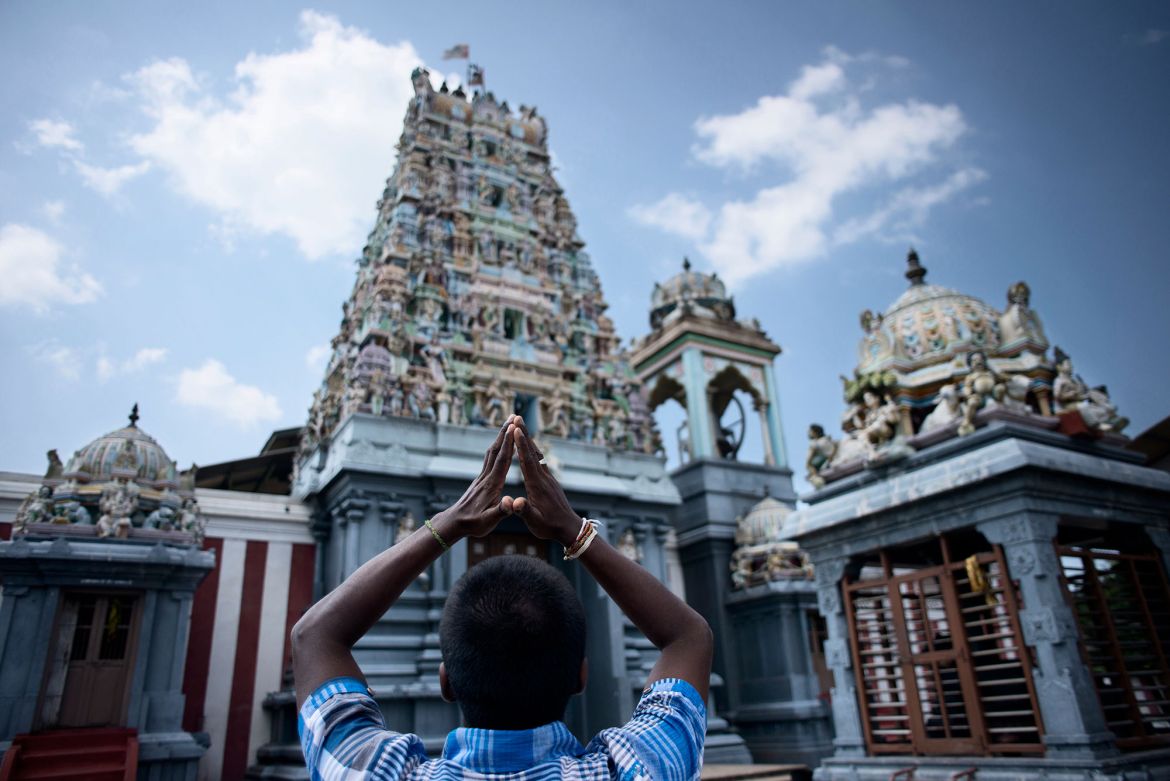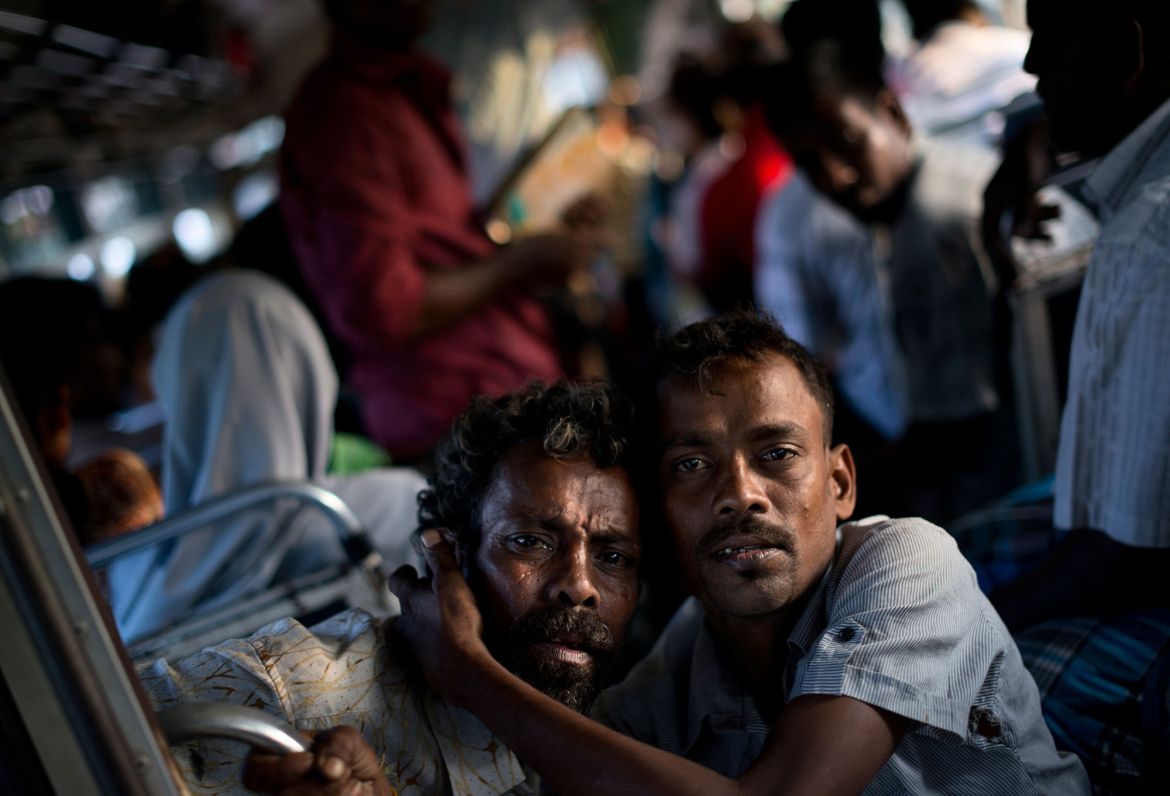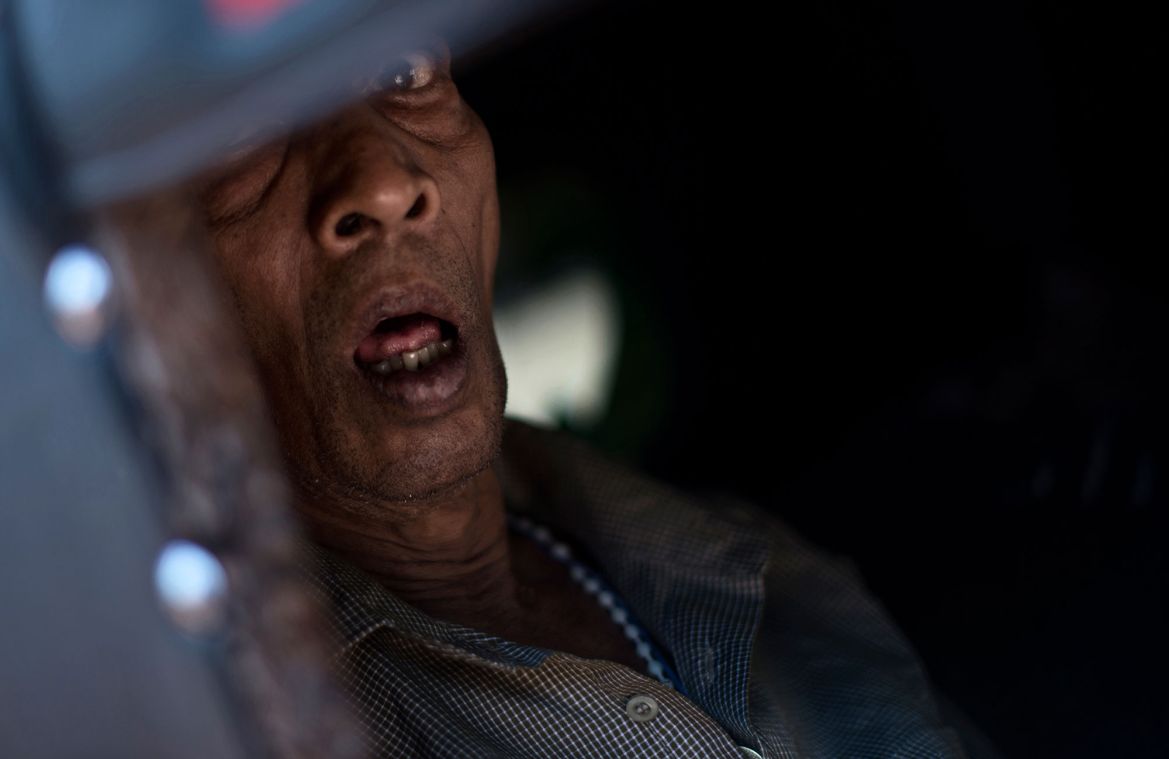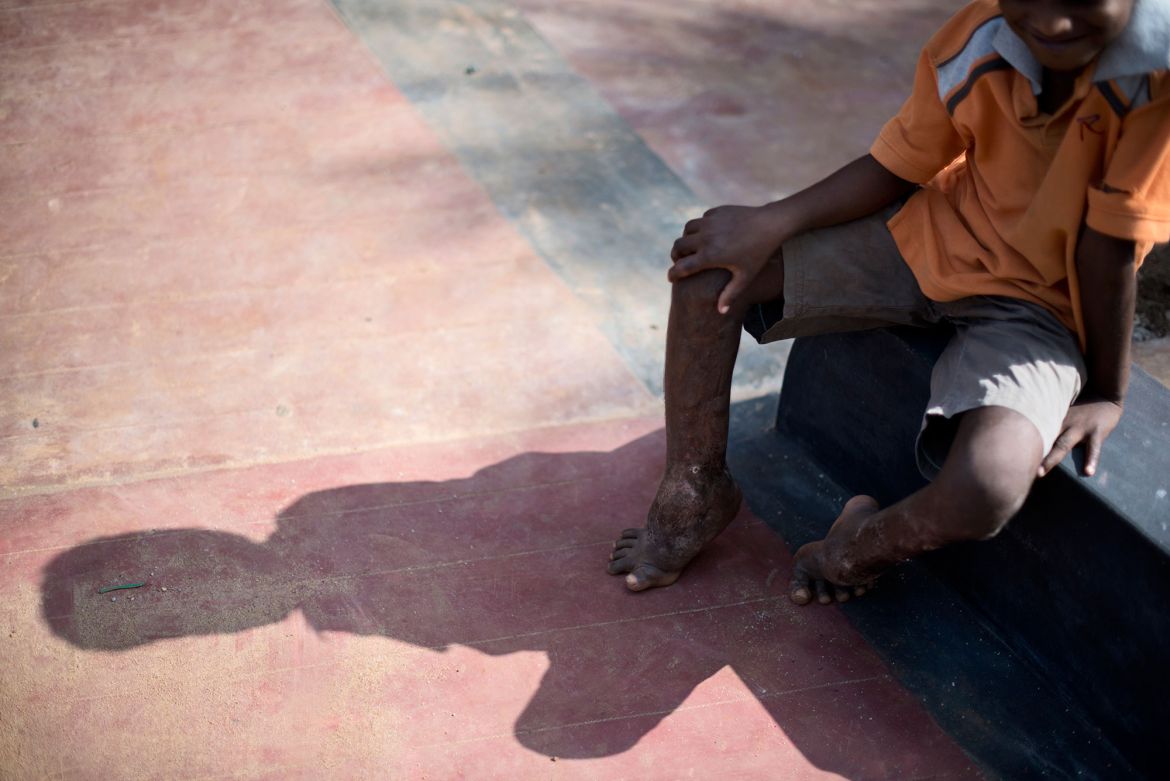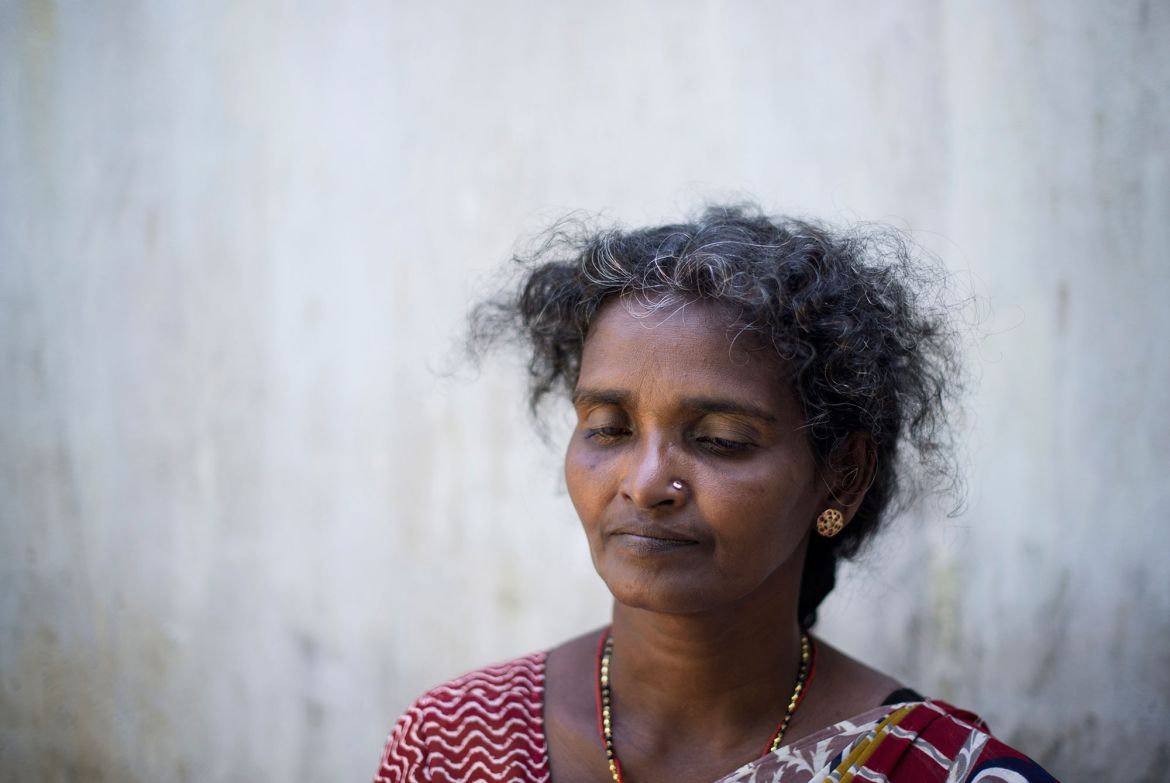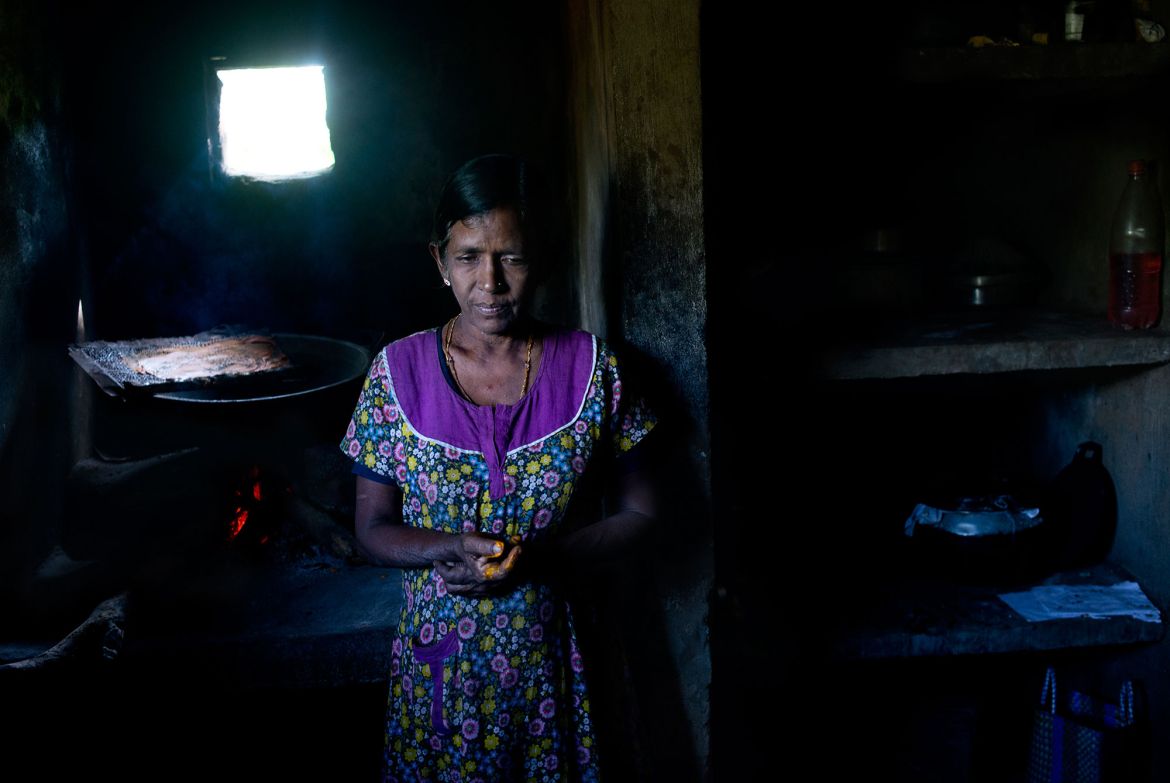In Pictures
The scars of Sri Lanka’s civil war
Seven years after the conflict ended, many of the physical, emotional and psychological wounds of war remain unhealed.
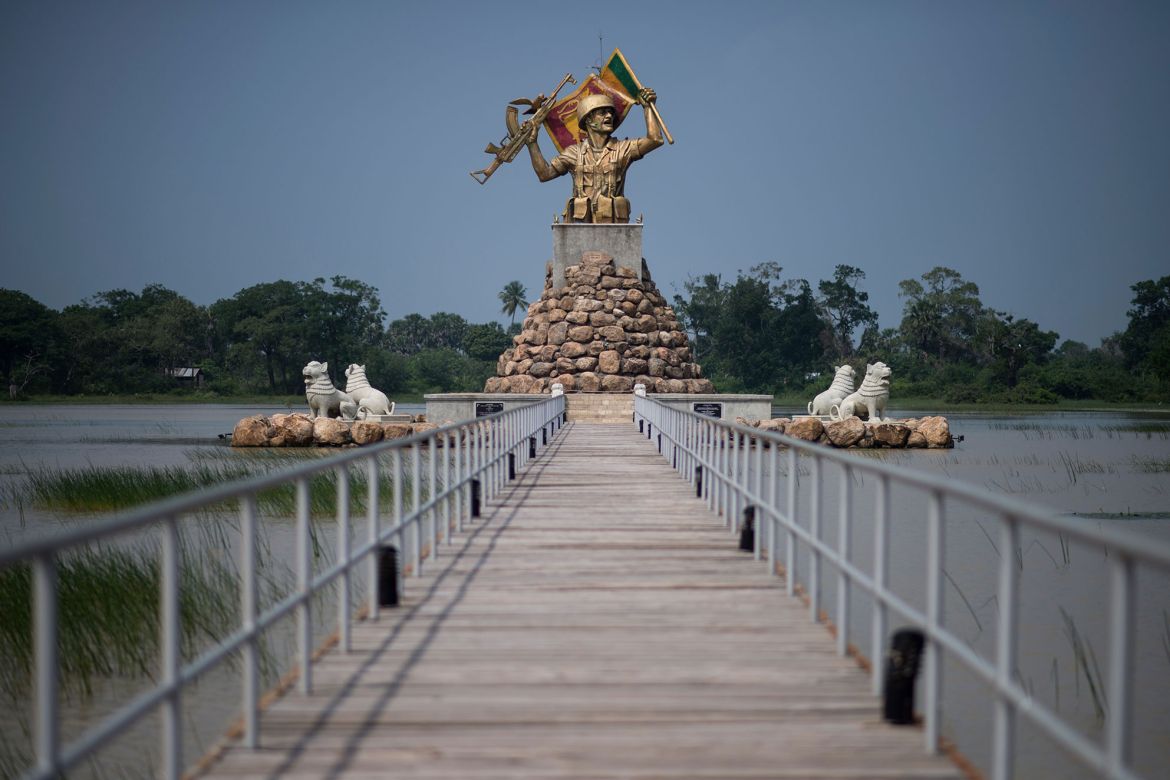
On May 18, 2009, Colombo declared the end of the 26-year civil war between the Sri Lankan government and the Liberation Tigers of Tamil Eelam (LTTE), also known as the Tamil Tigers.
It was presented as the beginning of a new era of peace, national reconciliation and development.
But for many of those in the north and east of the country, where the worst of the war was experienced, that harmony cannot materialise when so many scars of war remain.
Thaya Malar’s son disappeared without a trace after the war. “During the last battle, the LTTE was desperate and forced all the men in the village to fight with them,” she recalls. “Our 16-year-old son had to leave with them but managed to escape.”
When the war ended, the teenager returned home. But his mother says he disappeared one night. She is convinced that the Sri Lankan army had something to do with his disappearance. “That night, we saw military patrols, and two people told us that they saw him at a soldiers’ camp,” she says.
In January 2013, she wrote a letter to the then president, Mahinda Rajapaksa, pleading for information, but says she received no response.
Human Rights Watch has called on the Sri Lankan government to investigate alleged abuses, including enforced disappearances, committed by both sides during the war.
Elango* is a Tamil activist who believes that members of the Tigers were “heroes who died for the freedom of the Tamils”, but that the group also made many mistakes. “During the final battle, the LTTE required each Tamil family to provide at least one man to fight,” he says. “In the last days of the war, they even used civilians as human shields, something that many will never forget. If we are to succeed, we need to enact a system that is fair and humane.”
*Not his real name.
